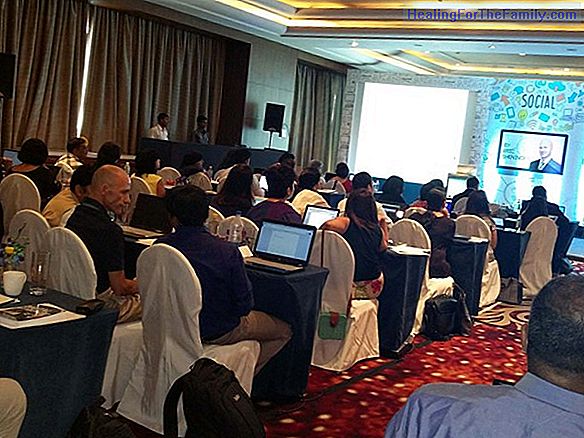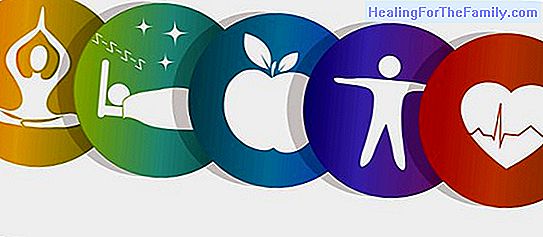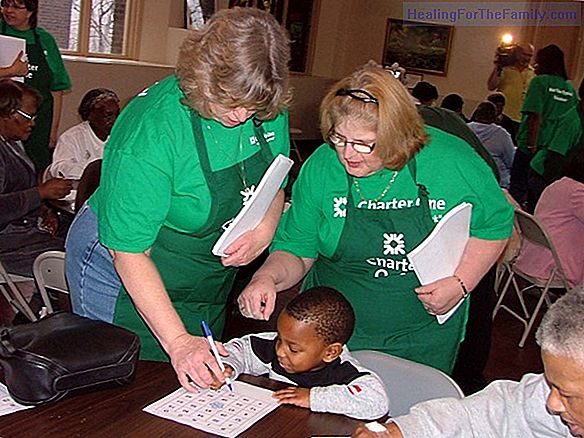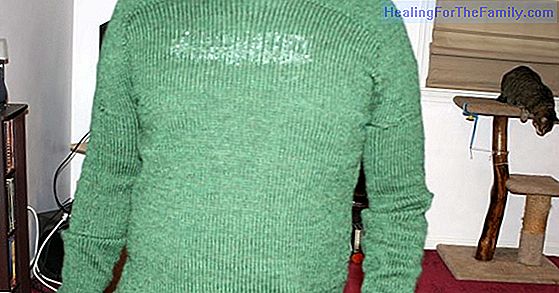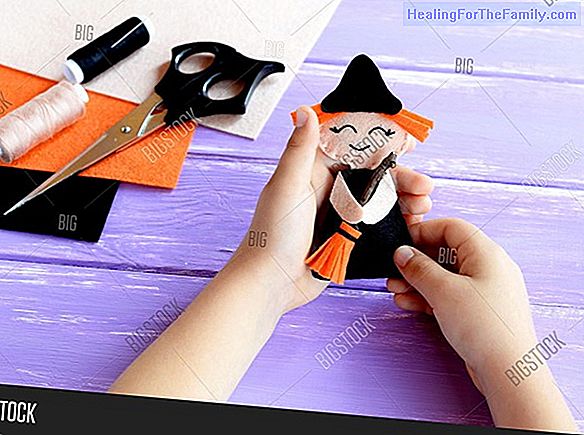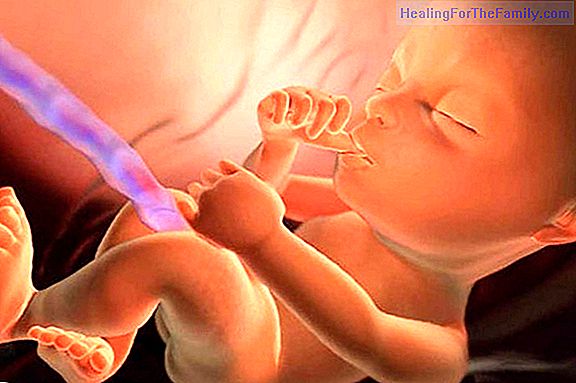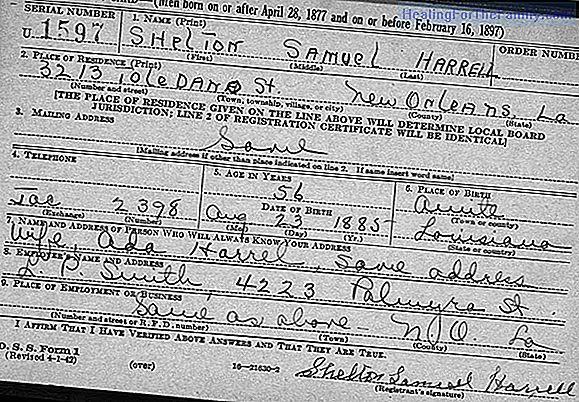What we should consider after giving the vaccine to the child
We move a little away from the debate about the vaccines that have entered strongly in recent years and we focus on the vaccination itself. Once you have decided to vaccinate your children, there are some things you should keep in mind. After giving the vaccine to the child, you should be attentive
We move a little away from the debate about the vaccines that have entered strongly in recent years and we focus on the vaccination itself. Once you have decided to vaccinate your children, there are some things you should keep in mind. After giving the vaccine to the child, you should be attentive to some aspects.
What are the vaccines of children used for?
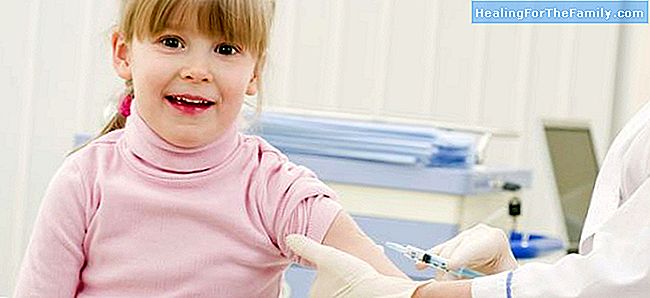
Vaccines are usually administered by injection to infants and children following a previously established vaccination schedule that lasts throughout childhood. The objective of childhood vaccines is to "immunize" the child against certain diseases that could put their health at risk. From the time a newborn baby is vaccinated against Hepatitis B to about 14 years old, children will receive vaccines such as varicella, measles, diphtheria, polio, influenza or the most debated Vaccine against the Human Papilloma Virus. All of them with the intention of preventing not only the disease but the contagion among the children.
It seems quite clear that childhood vaccines are convenient for both their health and the health of other children. Taking into account that risk of contagionis high especially in school season, vaccines act as a prevention of what could become an epidemic.
5 possible reactions after vaccinating the child Nor can we ignore that vaccines can cause some reactions and that they may have side effects
. It is advisable to observe the child in case he feels any discomfort after the vaccine and the health personnel also recommends not leaving the health center immediately after administering the vaccine in case of any reaction. These are the most frequent reactions that can cause childhood vaccines.
- Swelling. Because vaccines are usually given byan injection
, some children have a swelling in the area where they have been punctured. It is not serious and calm down by applying a cold compress .- Pain. Pain in the area where the vaccine was given is one of the most common side effects. Usually the pain is very mild and it is passed after a few hours, but it may be necessary to give the child an analgesic, always under medical supervision.- Redness.
Some of the substances in the vaccines can cause redness on the skin
of the child. It is not a very common side effect after a vaccine, so it is advisable to consult with the pediatrician to treat the affected area and check that it is not an allergy. - Fever. It does not happen with all vaccines and not in all children, but it is possible that some fever appears after putting the vaccine. Administer an antipyretic
and control that the fever is not too high is the most advisable for this reaction. - Humor. Getting a vaccine is not a dish of good taste and less for a child, which is why they often start crying or get angry after the vaccine. This is solved by keeping the child entertained in an activity that he likes, but also explaining the importance of vaccines for their health. Laura Vélez.
Editor of Guiainfantil.com


